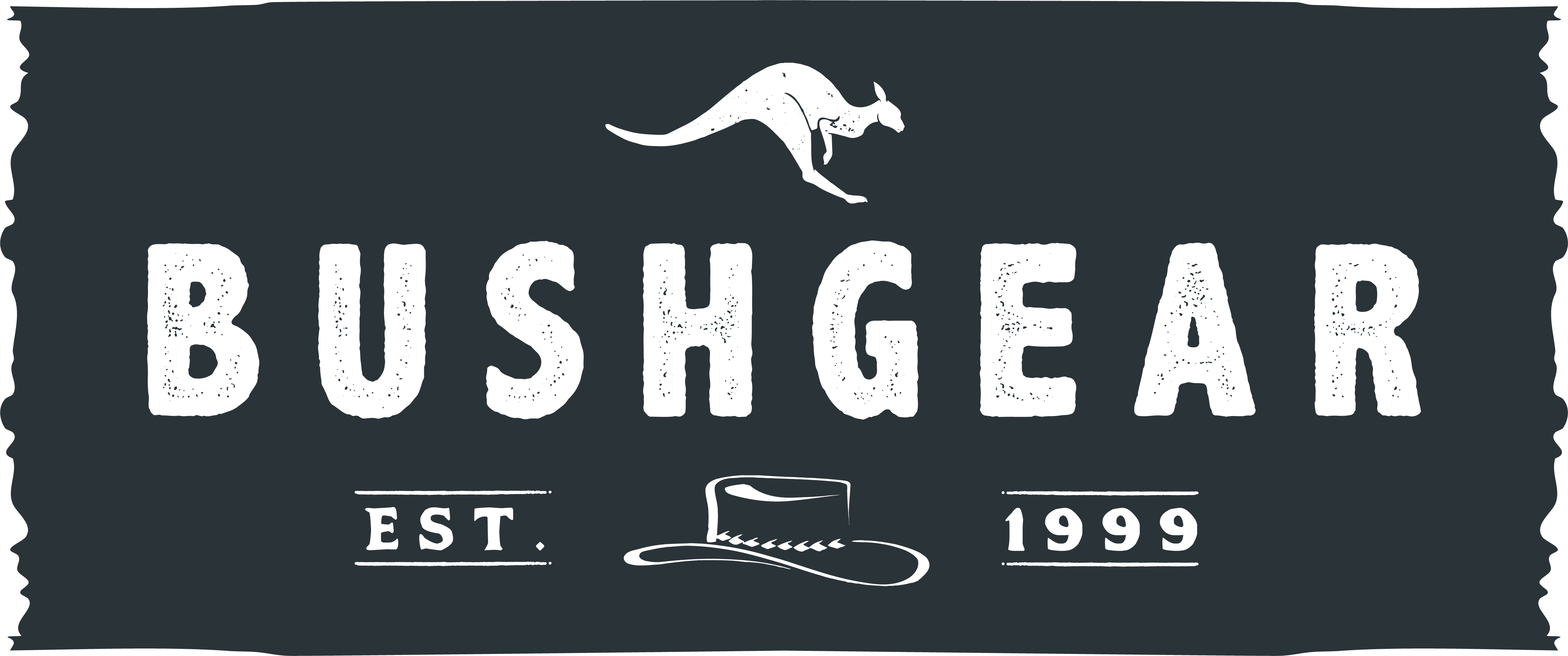
The Power of Natural Honey
For thousands of years, humans have benefitted from this insect by-product.
Honey never spoils! Honey has been discovered in ancient Egypt, in various burial chambers and monuments. After approximately 3500 years, the honey was still good to eat. Honey is fairly acidic and has a low moisture content meaning it is very difficult for bacteria to take purchase. Therefore, if stored properly, honey can literally last thousands of years.
Honey has been produced and harvested by man for over 5000 years and has been consumed by humans for tens of thousands of years, before bee-keeping was even practiced.
Honey is around 25% sweeter than sugar and is more readily absorbed by the human body. So for deserts, less honey needs to be used as compared with cane sugar.
Bees have an excellent sense of smell which is approximately 50 time more sensitive than that of a dog.
Bees are beneficial and necessary for the environment. Although estimates vary, it is thought that bees pollinate around 80% of the world’s flowering plants including up to a third of food crops.
Turkish “Mad Honey” or “Deli Bal” is an unusual type of honey which can be poisonous if consumed in larger amounts. The honey’s toxicity comes from a toxin the rhododendron flowers produce and the honey bees fed and rely on. Even when consumed in smaller amounts (not only), Mad Honey can lead to many health complications. However, if consumed in very tiny amounts, Mad Honey can lead to feelings of euphoria and well-being, enjoyed with some physiological benefit. In the 18th century, Mad Honey was being imported into the UK and was being used as a drinks additive to add to the intoxicating effects of alcoholic beverages.
Health Benefits – Due to its anti-bacterial and anti-microbial properties, honey has been used in medicine for thousands of years. Traditionally, a honey “dressing” would be applied to the lesion or injured area to prevent infections and to aid the recovery process.
Help with insect bites. Similar to applying honey to a cut, applying honey to a mosquito bite or similar, will help prevent infection and minimise itching.
Help you sleep – A small quantity of honey consumed before bedtime can help you get to sleep.
A teaspoon of honey with a sprinkling of salt will help reset the stress hormones — cortisol and adrenalin — that are responsible for keeping you awake.
Global bee populations are under attack. Due to factors such as destruction of natural habitats, the extended use of pesticides, monoculture farming and environmental pollution, bee numbers are generally in decline. That is not to say, that there are not bee populations that are thriving, just that overall, generally, they are in decline.
To conclude, honey can have a myriad of positive effects on our health and well being and just as importantly, bees are massive environmental influencers, the disappearance of which would be catastrophic for the environment.
You can help promote bee health in various ways including:
planting bee friendly trees and plants
starting a new hive
go chemical free in the garden/farm
make or buy a "bee bath"
gift a hive
support local bee keeping organisations
The Bushgear Team


